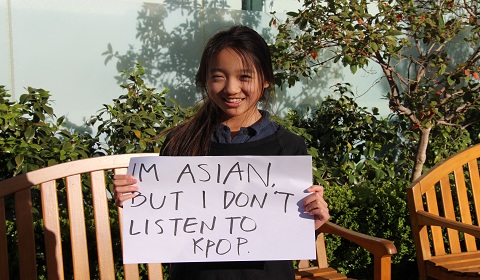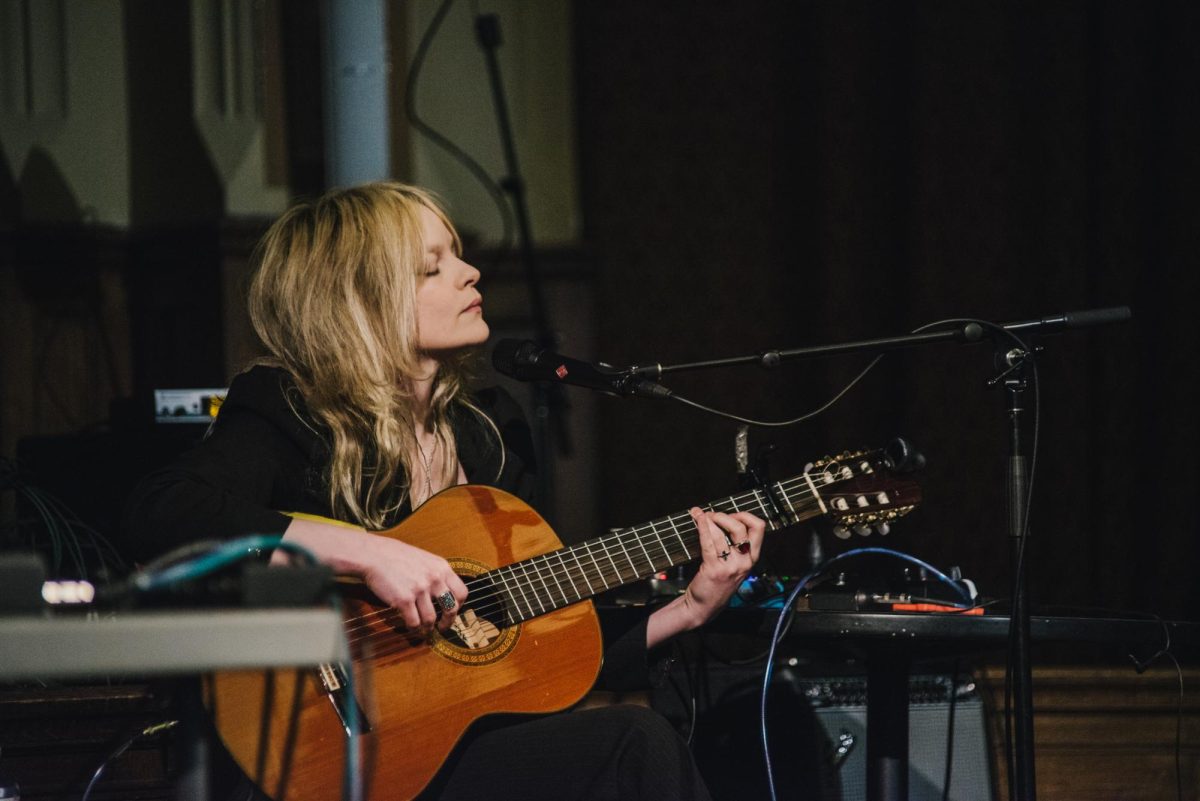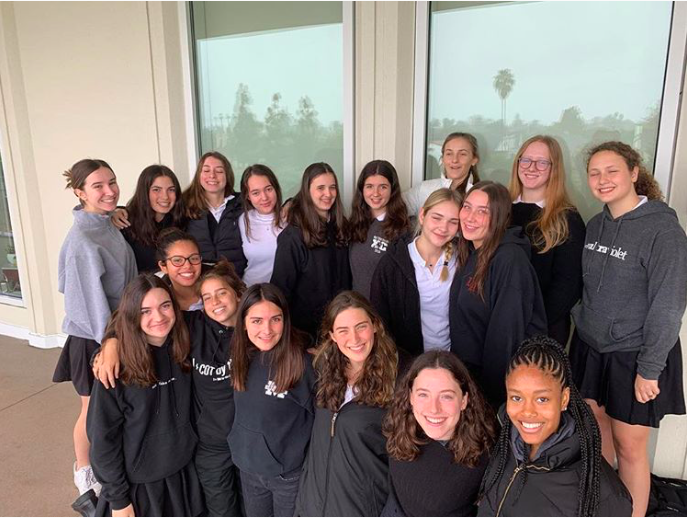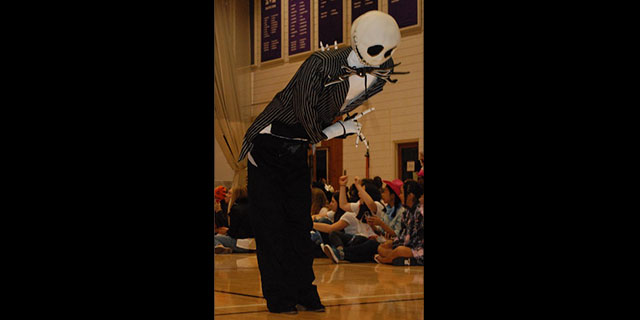On Feb. 27, two days after civil rights activist and author Tim Wise spoke at an All-School Meeting about diversity and privilege, 35 employees attended a voluntary lunch meeting held to discuss and follow up on Wise’s message of taking responsibility for addressing problems of inequality. The interest Wise’s speech has sparked in faculty and students regarding steps the School could take or plans to take to keep the conversation about racial, socioeconomic and gender diversity going is a result of the Diversity Committee’s larger plans for the coming years.
Co-Chairs of Marlborough’s Diversity Committee English instructor Chris Thompson and performing arts instructor Mpambo Wina have been working since the start of the 2010-2011 school year to develop an ongoing program of diversity education at Marlborough for faculty and students, which they hope to implement next year.
Currently, Upper Schoolers have the option of attending Face It, Marlborough’s annual diversity retreat, and the School tries to embrace diversity through the speakers it brings to campus and the literature it requires students to read, but the School does not yet have formal or required training. Thompson and Wina’s proposals include more inspirational guest speakers like Wise and professional training and day-long workshops for both students and faculty on how to handle difficult conversations that arise in the classroom. Such training would be led by professional diversity consultants from the L.A. area and held once or twice a year. According to Thompson, several schools, including The Buckley School, already have programs of diversity education in place, and both the Diversity Committee and the School’s administration see the importance of implementing similar programs at Marlborough.
Director of Admissions Jeanette Woo Chitjian, who is a member of the Diversity Committee, said that she believes the School knows it needs to take steps to follow up on the issues that Wise discussed and that implementing a program of diversity education would be a positive way to help initiate those steps. She added, however, that equally important to creating a more formal education is encouraging girls to take individual responsibility for helping the community.
“If everyone does one thing… [it] could be something as little as extend[ing] yourself to somebody who’s outside your friend group… That’s going to make our School more inclusive” she said.
Francesca ’15 said that she thinks diversity education for students would be beneficial, noting that classmates are sometimes unaware of what they are saying and can be offensive.
“We spend most of our time at School, [so] it’s a good place to start fixing the issues… so it’s not awkward,” she said.
Newly elected All-School President for the 2013-2014 school year Kyla ’14 said she thought the proposed training should be optional because some girls would not participate or contribute in a meaningful way. However, foreign languages and English instructor Eric Reinholtz agreed with Francesca, explaining that he believes that the conversations resulting from a structured education would be a positive force for all students.
“I think whatever discussions we have will be as productive as the actions that result from them… so my hope would be that out of [those discussions], we would come up with a specific plan” he said. He went on to say that many of the faculty feel strongly about concentrating on hiring more faculty of diverse backgrounds and ensuring that the School’s employees greater reflect the demographics of LA.
Thompson explained that one of the major themes of diversity training is learning how to talk about uncomfortable issues. He added that the long-term goals behind the proposed diversity education include helping Marlborough students become better global citizens, so that when they leave for college they will be able to converse openly and thoughtfully with a diverse student body. Reinholtz agreed, stating that by taking such actions as broadening the types of literature that girls read, the School will be able to give girls the tools they need to better interact with an increasingly diverse country. To achieve this goal, Thompson and Wina said they believe the faculty would first have to be trained to guide girls through difficult conversations that crop up in the classroom or the halls.
“We all need to learn how to have a conversation about a race without feeling all defensive, and that’s hard to do. That’s why it requires work,” Thompson said.
Thompson and Wina will next receive feedback on their proposed plans for an improved diversity education program from the Diversity Committee and Head of School Barbara Wagner.







